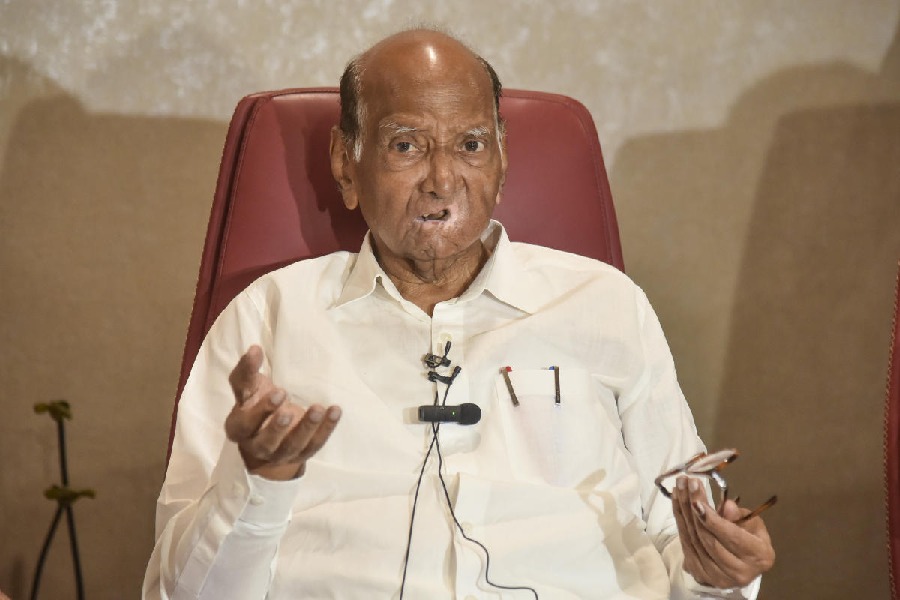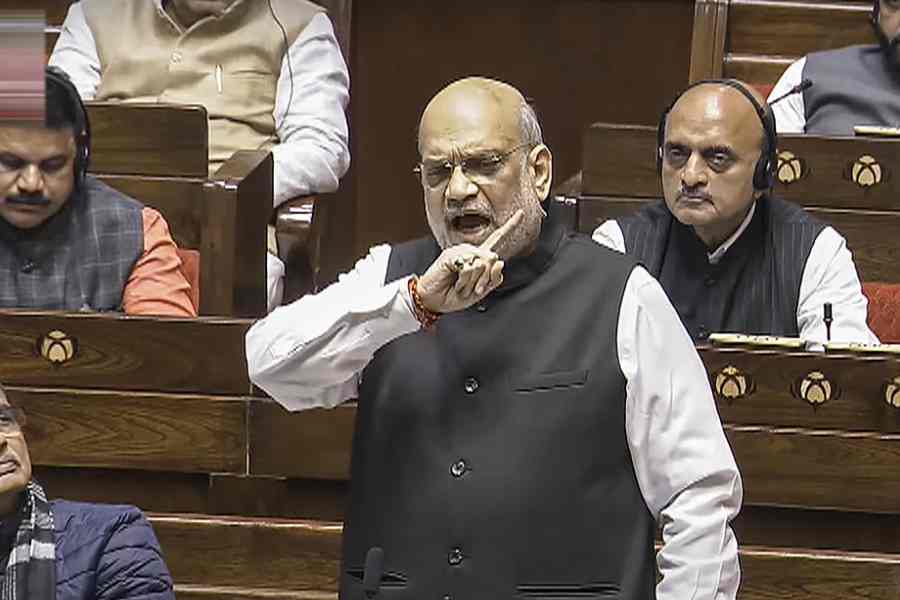Authorities in two Indian states that are driving its economic growth are drafting tighter workplace rules and inspections to protect white collar employees following the death of a young executive at global consultancy Ernst & Young (EY), which her family blamed on overwork.
India's decades-old labour laws are largely focused on blue-collar workers, leaving others vulnerable to workplace abuse such as punishing work schedules and summary dismissals, unions say.
Labour authorities in the states of Maharashtra and Karnataka said they have stepped up scrutiny of office practices at private firms in an effort to protect white-collar workers after a string of complaints, four officials in the two states told Reuters.
Maharashtra's capital is India's financial hub Mumbai and Karnataka is home to Bengaluru, India's 'Silicon Valley' where there are hundreds of strategic centres of global firms.
Maharashtra's government is considering a proposal by labour authorities to regulate hiring and layoff practices at firms through a new law or guidelines that would cover all corporate workers, including managerial staff, two state officials said, requesting anonymity. It would be implemented after clearance from the state cabinet, the officials said.
In Bengaluru, two labour officials said the department has made inspections more frequent to verify legal compliance by firms of overtime rules and maintenance of time logs "in the wake of overwork complaints" by workers.
"In India and other South Asian countries, many forms of protection in terms of labour rights are given to blue-collar workers only, and others are not often recognised as workers," Elena Gerasimova, labour law and labour standards specialist at the International Labour Organization (ILO), told Reuters.
"From the perspective of the ILO standards and values, the rights shall be given to all those persons who work, both blue and white collar, and to managerial workers as well," she added in her emailed comments.
'Backbreaking' work
In recent months, federal lawmakers have also spoken about the need to introduce stricter laws to protect corporate workers from exploitation.
Unions in the services sector have lobbied for such measures for some time now, but officials said it gained momentum because of the allegations of exploitation at EY, following the July death of Anna Sebastian Perayil, a 26-year-old audit executive who worked at the firm's office in city of Pune near Mumbai.
Perayil's mother said in a letter to the EY India chairman that her daughter faced a "backbreaking" workload, odd and long working hours and lack of managerial support at EY, which affected her health and led to her sudden death due to a stroke four months into the job.
The federal labour ministry opened an investigation into the allegations. EY has said it places "highest importance" on the wellbeing of all workers and was taking correspondence from Perayil's family with "utmost seriousness and humility".
Some executives at EY and other firms have said they have had no recourse to justice even when they felt they had been unfairly targeted.
Amit, who declined to give his surname, said he had worked at EY as a tax consultant and that he had complained to labour authorities in Mumbai against what he said was his unfair dismissal last year. He said he was told during a hearing in November that he was not counted as labour under Indian laws.
"The labour official hearing my case told me that I am not like a construction or road worker," said Amit, a 26-year-old.
EY and labour authorities in Mumbai did not respond to requests for comment on the case.
An industry source said firms should honour overtime payment rules and abide by employment contracts, but said the services industry, particularly the IT industry, was feeling the impact of a global slump in demand and required some flexibility in relation to management of workers.
"They have to protect their businesses too," the source said, requesting anonymity.










